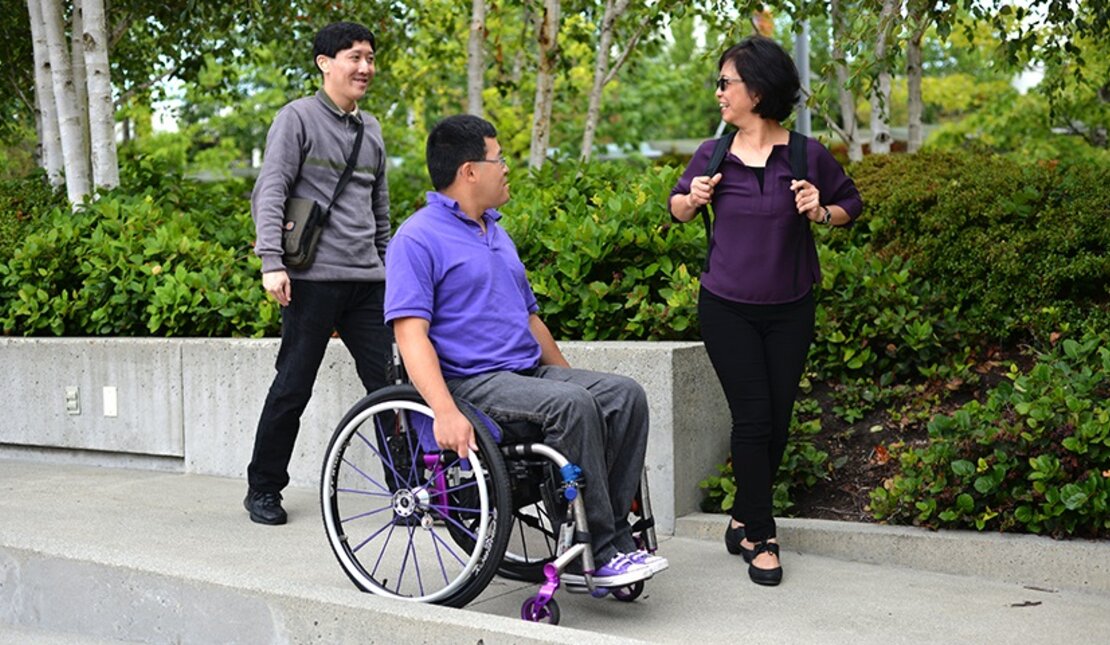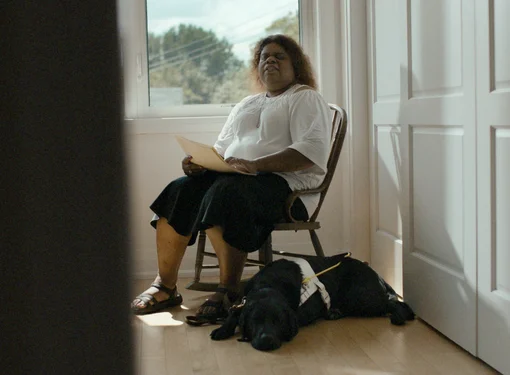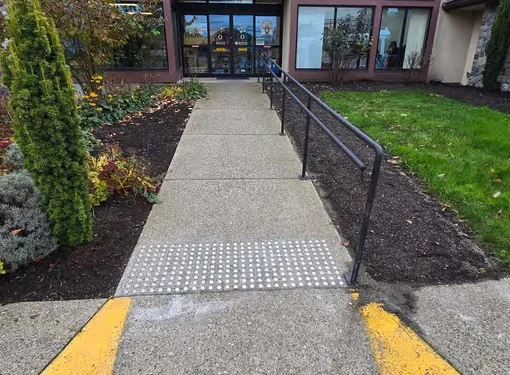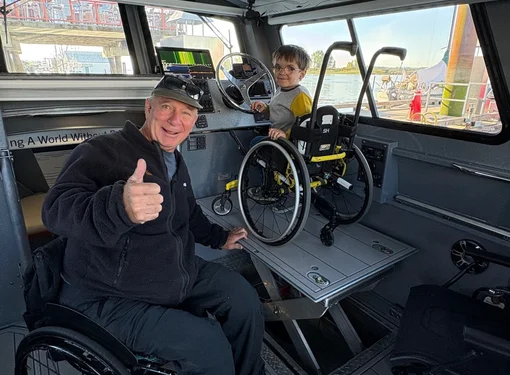Accessibility and attitudes about disability in Canada
Accessibility. Inclusion. We hear these words all the time, but what do they really mean? And are we doing all we can to make Canada accessible and inclusive for people of all abilities?
Accessibility through the eyes of people with disabilities
To Lisa Derencinovic, who was diagnosed with a genetic eye disease at age four, “accessibility is a practice and attitude of inclusion,” and, most importantly, is about “creating opportunities to focus on the capabilities, rather than limitations of people with disabilities.” For Ken Lott and Harley Nott, both wheelchair users since the early 1980s, accessibility means living in an obstacle- or barrier-free environment that would enable them to enjoy the same kind of freedoms as everyone else.
Living in an accessible world is key to Lisa, Ken, and Harley when it comes to having the basic rights and freedoms that many take for granted. Because accessibility is so important, the Rick Hansen Foundation partnered with Angus Reid in 2015 to see what Canadians think about this issue.
According to the poll, 90% of Canadians surveyed agree that accessibility for people with physical disabilities is a human right. 90% of respondents also felt that it should be a high priority for Canada to do whatever it can to ensure everyone can fully participate.
The evolution of attitudes about disabilities
Ken and Harley have seen the evolution of the attitudes of average Canadians to people with disabilities and their right to accessibility.
“I grew up knowing derogatory terms like ‘cripple’, ‘retard’, and ‘spaz’. I don’t hear those words now, so I would say that attitudes have changed in a much more accepting way,” said Ken.
Lisa, on the other hand, hasn’t noticed much of difference, at least in the last 20 years.
"There is a range of attitudes out there and I encounter both the negative and the positive attitudes on a regular basis. For example, a teenager played a rude and disrespectful prank on me while I was walking to the subway . . . yet also while I was running a race with my guide and struggling a bit, a runner came up and told me a funny story about another blind person, connecting with me and helping to distract me so I could keep going."
Attitudes and opportunities for employment
The attitudes of millennials when it comes to people with disabilities and accessibility in general are particularly important as we think about the future of Canada as an inclusive society. A key aspect of such a society is ensuring fair and equal opportunities to employment. Last month was Disability Employment Month in BC, and employers from all sectors of the province recognize the benefits people with disabilities bring to the workplace, and there is also evidence that the vast majority of consumers prefer companies that employ people with disabilities.
However, the 2015 Angus Reid poll found that 50% of people interviewed agreed that, “it’s understandable that employers feel it is risky to hire people with disabilities,” and the respondents who overwhelmingly supported this statement were under 25 years of age.
Harley found the result “really dispiriting, especially the fact that they’re young Canadians”. He went on to say, “I thought we were past a lot of that . . . and I really can’t explain it.” Ken was surprised by the finding and suggested that “maybe we just have to realize that a lot of people make uninformed decisions.” However, he and Lisa both noted that it would be beneficial if more people with disabilities were hired. “That, in turn, would give more able-bodied people direct contact with disabled people, and the able-bodied just might find out the disabled aren’t so bad.”
Some people with disabilities who are employed find challenges when it comes to the physical environment in which they work. Harley who has had a long legal career in Ontario, found his employers to be accommodating when he pointed something out. “They made sure the washrooms were accessible. They put in door openers when I requested it. I got a handle for my telephone.”
On the other hand, the law courts were more of a problem for him when it came to accessibility. "...When we’d break for ten minutes during a case … I might have to take two elevators and race around to the other side of the building to go to the bathroom, and then try to get back within that amount of time, and they weren’t always understanding about that."
For Lisa, her biggest barrier has not been a physical one, but rather an attitudinal one. In her experience, employers often don’t consider people with disabilities when they are looking at possible candidates to fill a position.
"A lot of the time when employers think of employees with disabilities they think of liability and dollar signs, rather than thinking of the reality which are the skills and diversity that employees with disabilities bring to the workforce."
Is Canada as accessible and inclusive as it can be?
In general, many Canadians tend to think of their country as an inclusive place that celebrates diversity in all its forms. Of those who participated in the Angus Reid poll, 53% stated that there should be “universal accessibility for everyone whenever this is possible.” However, as we have discussed, the reality for people with disabilities falls short in comparison to this idealistic vision respondents have for their country.
Ken finds Canada remarkable when it comes to accessibility, as his experience has been that the vast majority of businesses, public spaces, and parks are accessible. But Lisa says that Canada has a medium level of accessibility.
"Advances and progress have been made and we should be proud of those advances, yet there is still more to be done.”
Harley says that Canada is about ten years behind when compared to the United States. He also notes that there are regional variations within Canada too, citing Ontario as being more accessible than the Maritime provinces he’s visited. On the other hand, he places Vancouver ahead of Toronto in terms of accessibility.
So, how can we work towards a fully accessible Canada? Join the Rick Hansen Foundation and participate in our latest program, Access4All – a new initiative launched in September to break down accessibility barriers in communities all across Canada. Explore rickhansen.com/access4all to find out more about the program and how you can become a barrier buster today!





